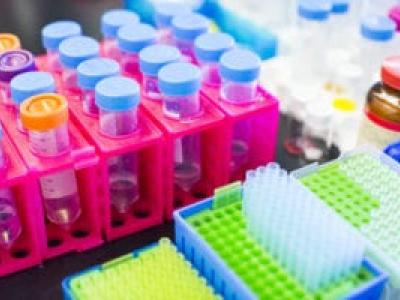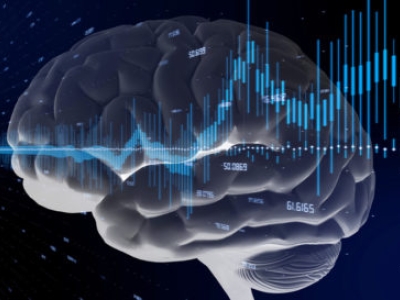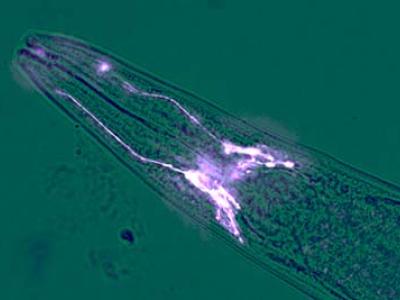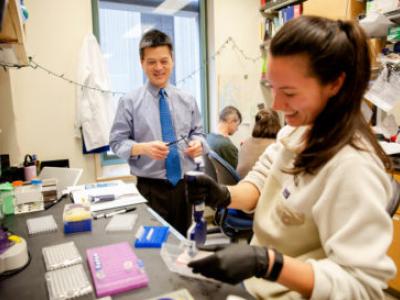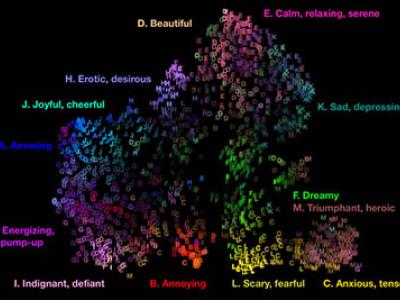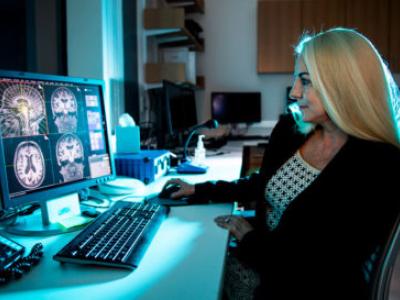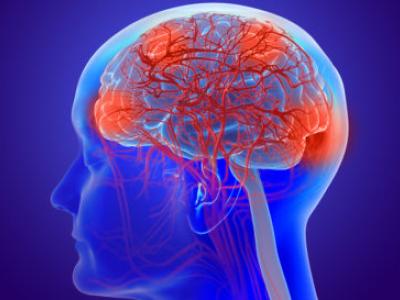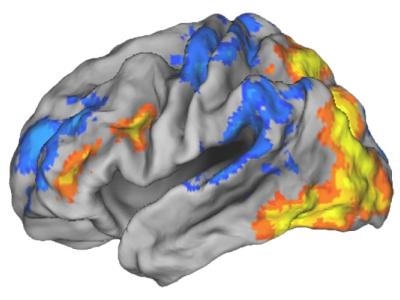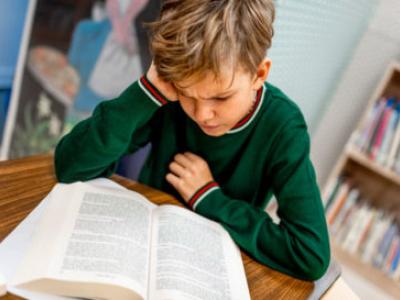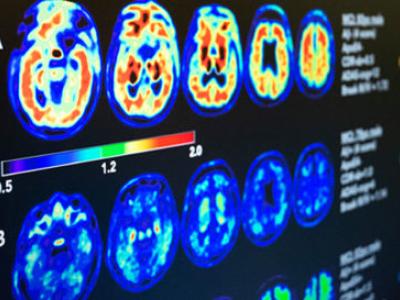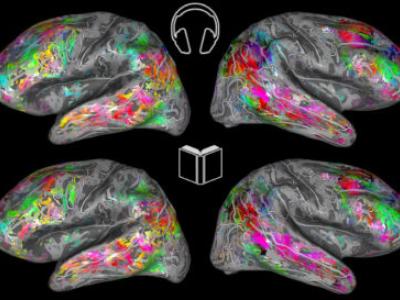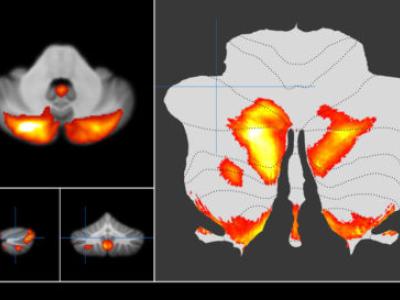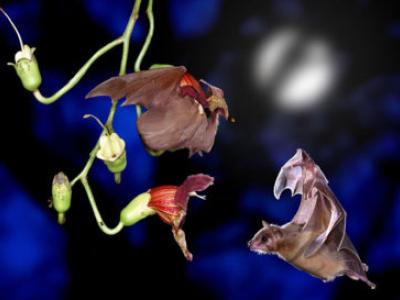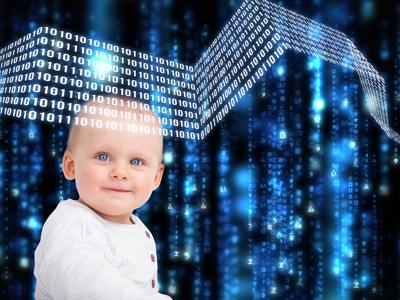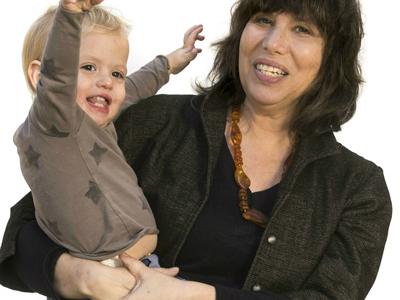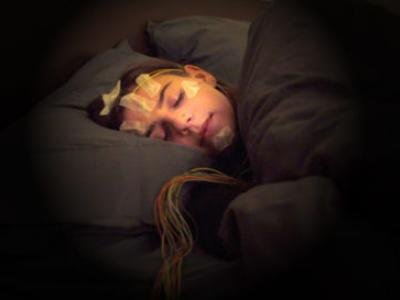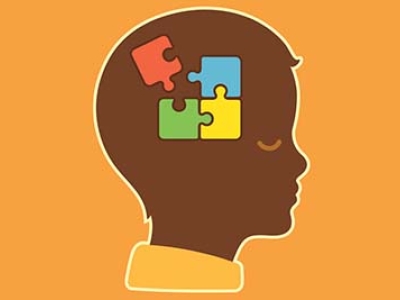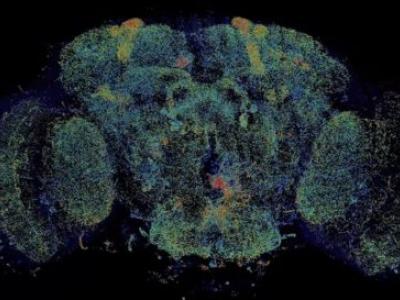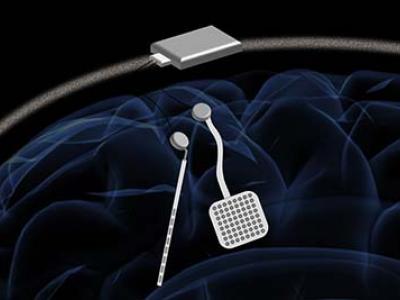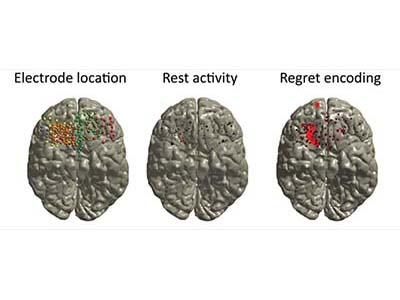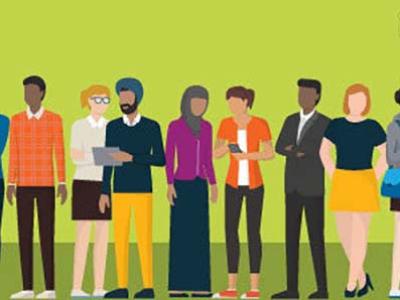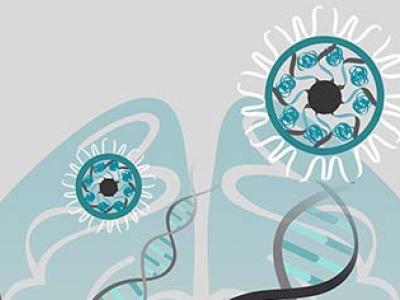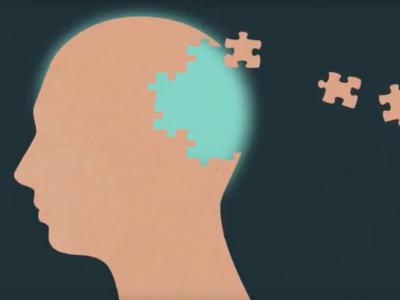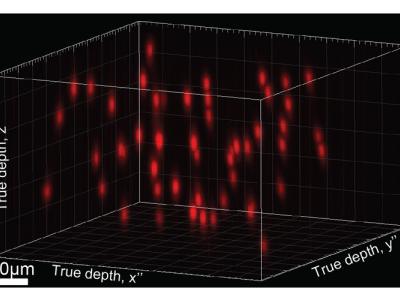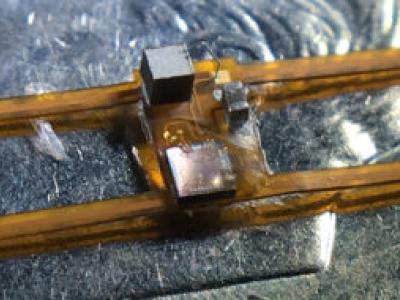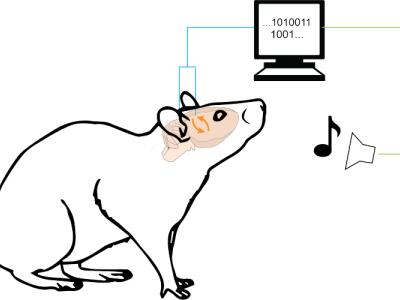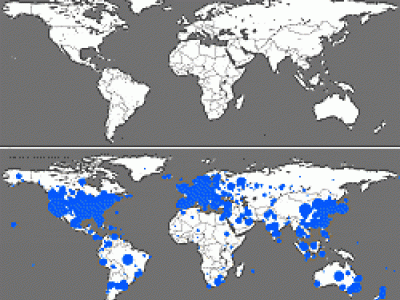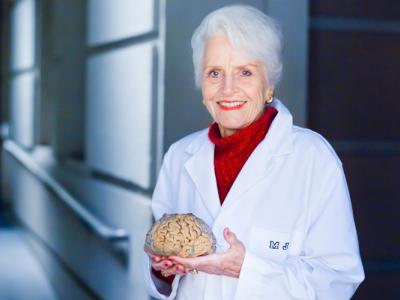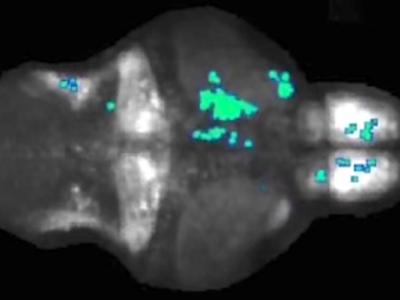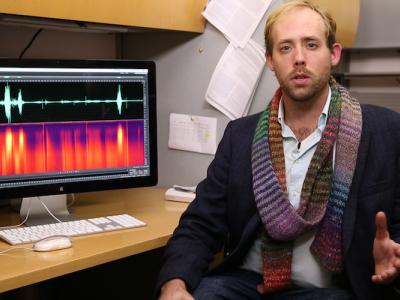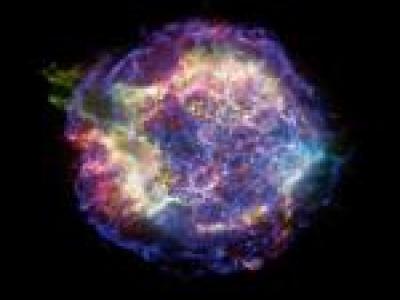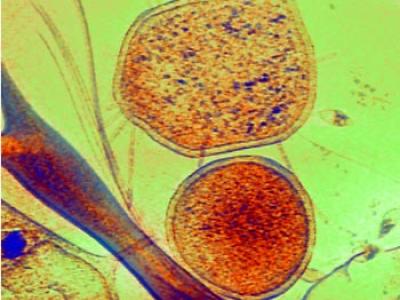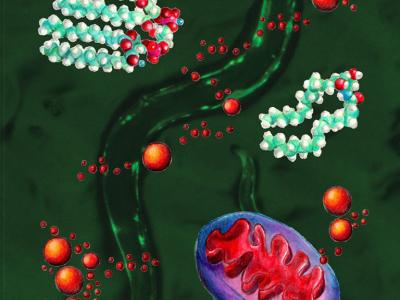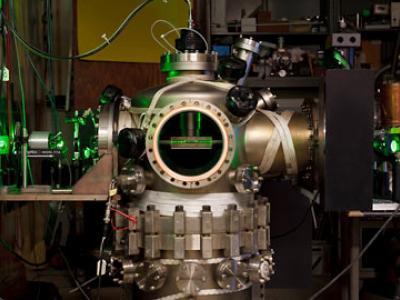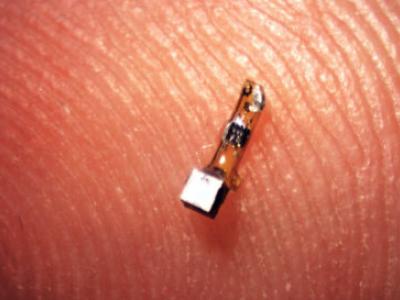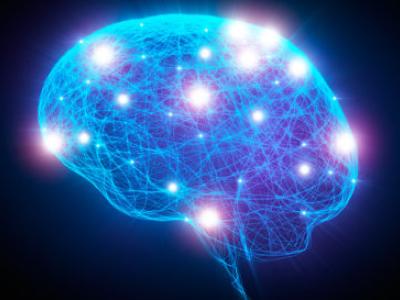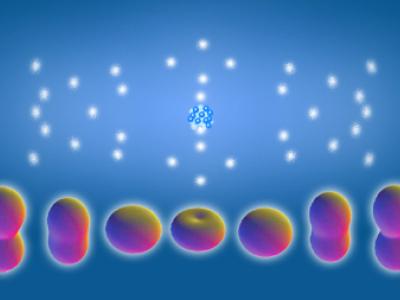Are You a Light or Deep Sleeper? Alzheimer's Risk Tied to How You Snooze, Study Says
Try These Easy Mind Games to Improve Your Brain Function and Help Prevent Disease
Nano-sized sensors learn new biological tricks
Brain noise contains unique signature of dream sleep
Unique Camera Films Brain in Real Time
Brain cells protect muscles from wasting away
Neuroscientist John Ngai named director of NIH BRAIN Initiative
Ooh là là! Music evokes at least 13 emotions. Scientists have mapped them
Brain scans could flag children’s future mental health problems
Drugs that quell brain inflammation reverse dementia
Weill Neurohub will fuel race to find new treatments for brain disease
New findings could improve diagnosis, treatment of depression
UC Berkeley, UCSF to tackle dyslexia with $20 million gift
Summit to tackle tricky problems of aging and dementia
A map of the brain can tell what you’re reading about
$47 million grant to explore how a healthy lifestyle changes the aging brain
Scientists map our underappreciated ‘little brain’
Disrupted sleep in one’s 50s, 60s raises risk of Alzheimer’s disease
Bats’ brains sync when they socialize
Kids store 1.5 megabytes of information to master their native language
Kids are smarter than adults when solving certain problems
Sleep loss heightens pain sensitivity, dulls brain’s painkilling response
Mouse studies question ‘inhibition’ theory of autism
Thanks to rapid, 3D imaging, anyone can tour the fly brain
Wireless ‘pacemaker for the brain’ could be new standard treatment for neurological disorders
Chronically anxious? Deep sleep may take the edge off
Regret is a gambler’s curse, scientists say
Stereotypes measurably influence how we treat each other
Why we stick to false beliefs: Feedback trumps hard evidence
CRISPR reduces autism symptoms in mice
New structure of tau protein, a key player in Alzheimer’s disease
Editing brain activity with holography
Berkeley engineers build smallest volume, most efficient wireless nerve stimulator
Retraining the brain’s vision center to take action
$13.4 million to build next-gen MRI brain scanner at UC Berkeley
How generosity in disaster flows in both directions
Fox squirrels use ‘chunking’ to organize their favorite nuts
Marian Diamond, known for studies of Einstein’s brain, dies at 90
$21.6 million funding from DARPA to build window into the brain
Puberty hormones trigger changes in youthful learning
Pop-outs: How the brain extracts meaning from noise
Four projects garner $1.7 million from federal BRAIN initiative
New online game invites public to help fight Alzheimer’s
Can some types of fat protect us from brain disease?
Can some types of fat protect us from brain disease?
Inside the heroic snout of a rescue dog
Search-and-rescue dogs are prized for their ability to sniff out a hiker buried in deep snow. But how exactly do their noses work?
Sprinkling of neural dust opens door to electroceuticals
UC Berkeley engineers have built the first dust-sized, wireless sensors that can be implanted in the body, bringing closer the day when a Fitbit-like device could monitor internal nerves, muscles or organs in real time.
Elders use brain networks differently for short-term recall
Older people’s short-term memory is generally slower and less accurate compared to younger people. But a new University of California, Berkeley, study suggests that brains that continue to perform well in old age do so by rallying more of the brain to complete mental tasks.
Our brain activity could be nudged to make healthier choices
Netflix binge-watching versus a hike in the woods. A cheeseburger versus kale salad. Fentanyl versus Tylenol. New UC Berkeley research suggests our brain activity could be influenced to make the healthier choice.

